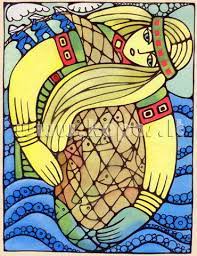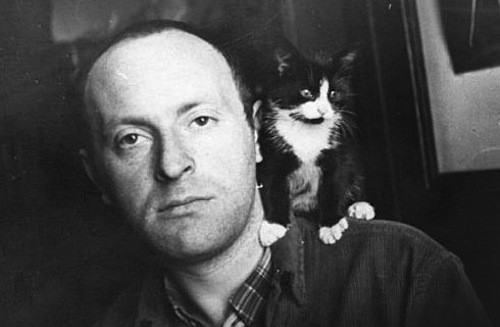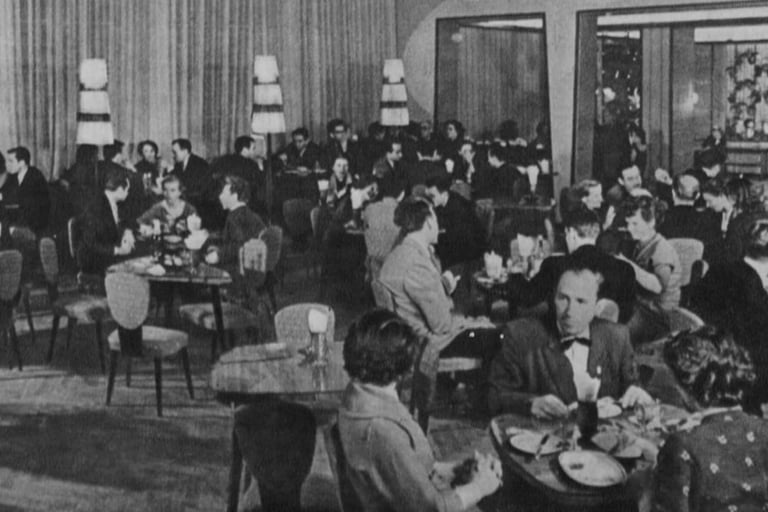The Legendary Restaurant "Neringa"


No, really.
Are you hungry? I know we’ve just started but anytime you want a bite to eat with like-minded people, the Neringa hotel and restaurant is where the liberal intelligentsia of Lithuania would gather. This elite restaurant, which opened in 1959, was built by friends of mine, Algimantas and Vytautas, architects and brothers. Who was Neringa, you ask? Neringa was a legend.
She was a gentle giant who was in love with a boy named Naglis. The legend explains how the Curonian Spit (Kuršių Nerija) came to be created. The beauty of that Unesco heritage site inspired the brothers to incorporate the sea and the sun… and the famous sand dunes…into the architecture of the restaurant. The restaurant would host jazz concerts, which were generally frowned upon by Soviet authorities. It was a great place to come and listen to music, to be part of the cultural conversation.
And that conversation, at times, included talks with Nobel Prize Laureate Joseph Brodsky! Neringa was one of the Russian dissident’s favorite places in Vilnius. Brodsky even wrote a poem about the restaurant.


Here I am talking about Joseph Brodsky and you may know nothing about him. You may know the name, sure, but do you know who he actually was? Born in Leningrad in 1940, Joseph Aleksandrovich Brodsky was a Jewish writer whose family barely survived the siege of Leningrad. By the time he was 23, as his work was becoming known, his poetry was labeled as “anti-Soviet.” Can you imagine?
He was interrogated and charged by the Soviet court system for “social parasitism,” in other words, as a poet, the Soviets deemed him a drain on society. Their loss! Eventually, he was sentenced to 5 years of hard labor in a distant Russian village. Thankfully, his sentence was protested by prominent Soviet and foreign cultural figures and commuted. Ever the dissident, Brodsky continued writing.


The Soviets tried to silence Brodsky by making him a victim of Soviet mental healthcare. Andrei Snezhnevsky, a doctor Brodsky had never met or even spoken with, diagnosed the poet with sluggishly progressive schizophrenia. By the early 1970s, Brodsky was urged to leave the country and settled in the USA.
Joseph Brodsky, and a small number of other Russians, were the voice of reason and hope within the Soviet Union, and at Restaurant Neringa, they found a safe place for them to be with like-minded people. People like you and me.







Next stop: Venclova House Museum






